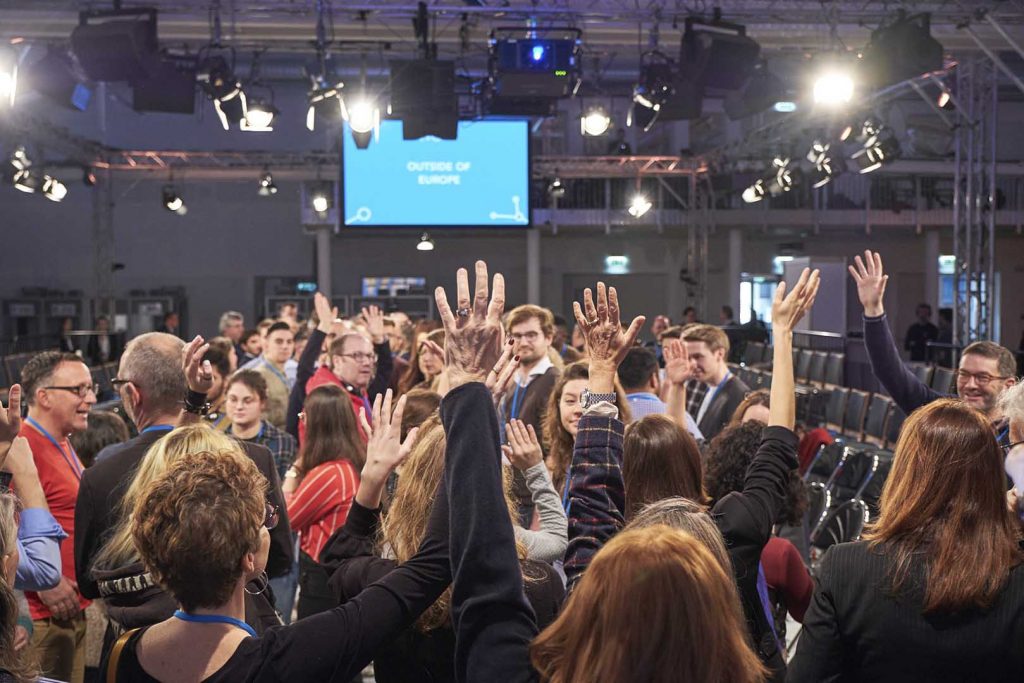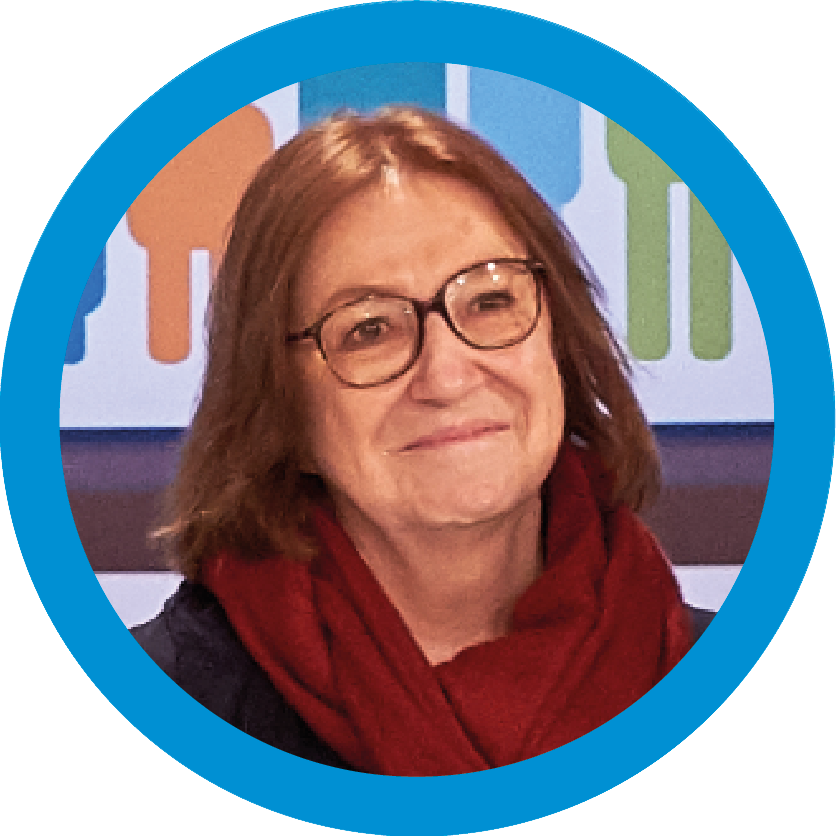
Prior to the conference, Act.Now facilitated a two-day workshop for all 60 young people (aged 15-24) participating in the conference. Even though they came from very different backgrounds, they shared a similar vision of what social cohesion in our communities means, showing that the idea of living together peacefully is universal. Along with politicians, regional and municipal civil servants, and an international network of experts, the Act.Now programme of The Innovation in Politics Institute is addressing the young generations with all of its activities. We are convinced that young people and their futures are directly affected by decisions made today about how we choose to live together. It is essential that local decision makers understand that young people can also come up with solutions for problems and that integrating their knowledge, insights and concerns is vital to shaping both the present and the future.

“We have understood that this young generation is key to shaping the future.”
Elke Zuckermann, co-founder of Act.Now
“I want to feel heard and listened to as I did at the NOW Conference.” In line with these words from one of the young participants, the Youth-Mayor Pamphlet (which was drawn up in the course of the conference) demands that local decision makers talk to young people, inform them, try to implement their ideas and, when they are not listened to, speak up for them. Our organisation aims to continuously promote the inclusion of young people from all walks of life when it comes to taking action at the local level. Edoardo Caroli, a young Italian activist, put the conference’s key lessons in a nutshell: “Stop saying ‘youth is the future’, it is the present”.
The 7th International Mayors’ Conference NOW was in itself a space for encounters. It offered tried-and-tested solutions for overcoming polarisation and social division by creating spaces for encounters in different areas of action. As simple as it might sound, countering polarisation with dialogue on an equal footing, overcoming prejudices through inter-group contact and accepting diversity as a potential source of innovation is what strengthens the sense of social cohesion in our communities. Social contact is the lifeblood of democracy and politics should connect people. Today, it is even more imperative that we safeguard the possibilities democracy offers us, and to become politically and socially active.